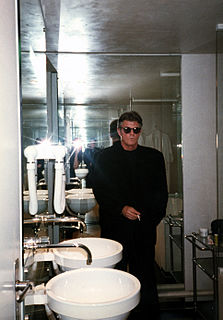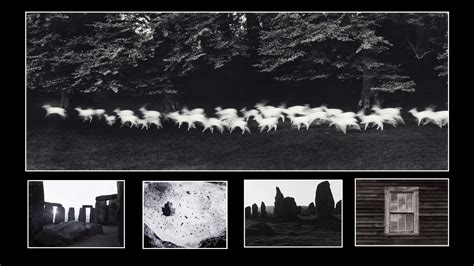A Quote by Lewis Baltz
It might be more useful, if not necessarily more true, to think of photography as a narrow, deep area between the novel and film.
Related Quotes
I thought using three cameras was a lot better than one, because you could see where you were going, where you'd been, and all kinds of things - more like life. I think photography has colored our vision. We're now in an area where it might break something. I think this is a time. I feel it. I don't know whether I'll be here long enough to experience it. I've no plans to leave yet.
How much energy is wasted in Italy in trying to write the novel that obeys all the rules. The energy might have been useful to provide us with more modest, more genuine things, that had less pretensions: short stories, memoirs, notes, testimonials, or at any rate, books that are open, without a preconceived plan.
[Photography] has become more and more subtle, more and more modern, and the result is that it is now incapable of photographing a tenement or a rubbish heap without transfiguring it. Not to mention a river dam or electric cable factory: in front of these, photography can now only say, How beautiful!






































